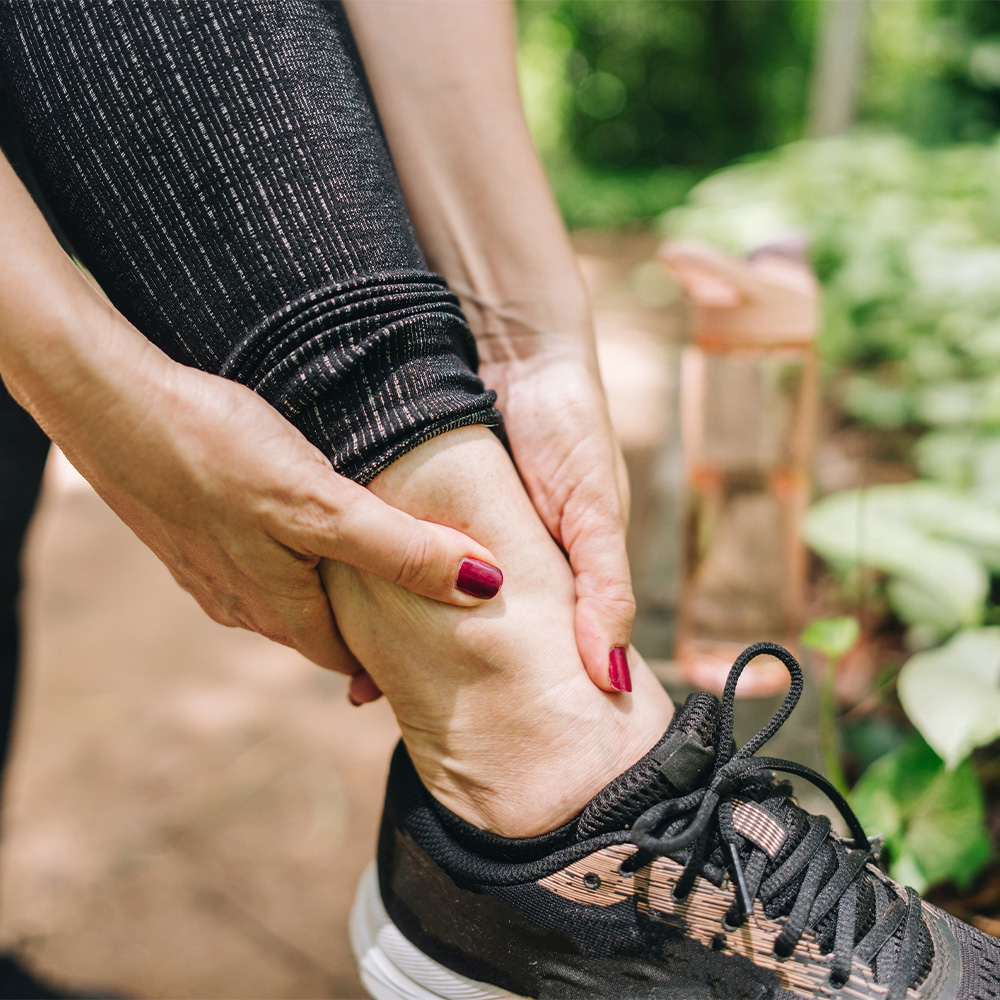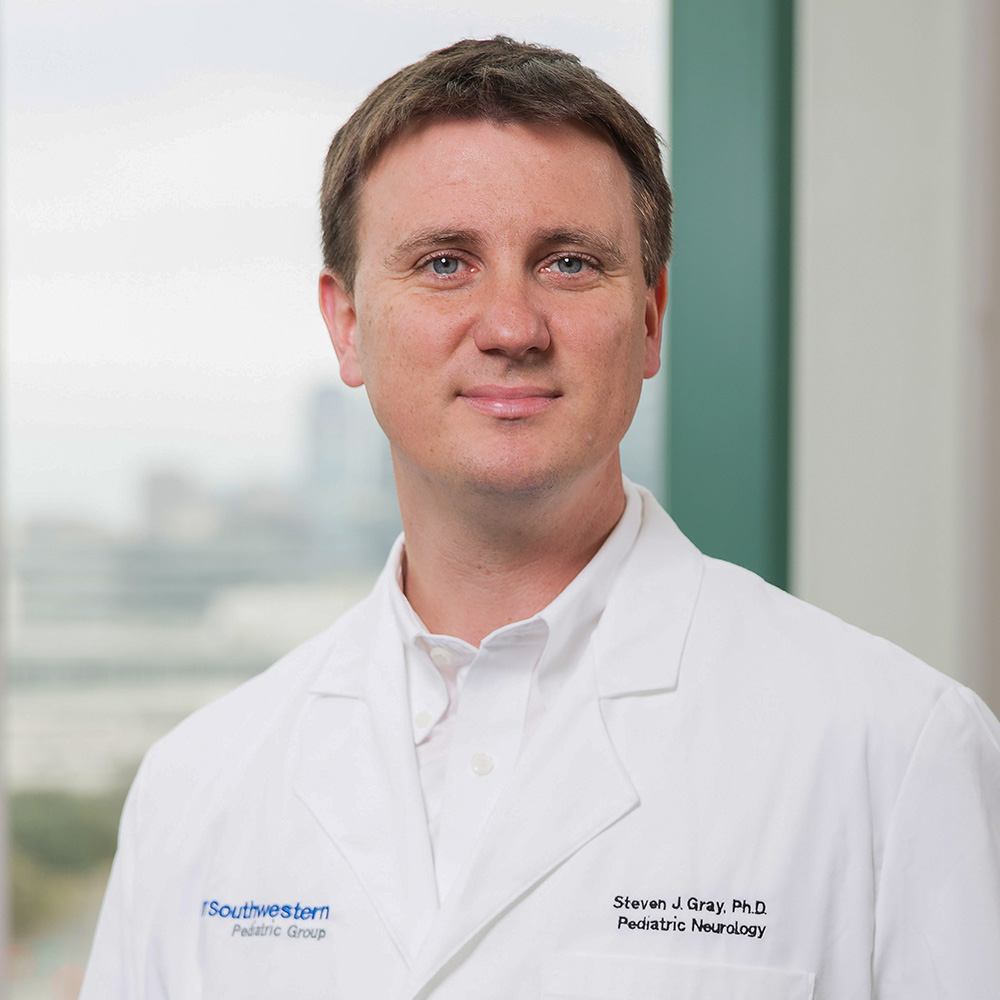Good as gold: Paralympian inspires pursuit of adaptive sports

DALLAS – Darlene Hunter was 4 years old when the road grader she was riding in with her father hit a pothole, knocking her off the vehicle and underneath its back wheels.
Part of her spine was crushed; she would never walk again. Unwilling to alter expectations for their daughter, her parents instilled in her a prideful independence and passion to adapt.
“I’m sure my mom was devastated after the accident, but she never let me see it,” said Ms. Hunter, whose parents guided her toward sports at age 7. “She told me I’m going to do the same thing every other kid my age is doing. I just have to figure out how to do it.”
Her determination led to a decorated career in wheelchair sports, including a 2016 Paralympic gold medal for Team USA’s wheelchair basketball team.

Ms. Hunter is among a coalition of athletes, doctors, and other experts helping UT Southwestern Medical Center raise awareness about the benefits of adaptive sports for people with mobility, cognitive, or visual impairments. Acknowledging a widespread lack of knowledge on the topic, the group is holding the inaugural UT Southwestern Adaptive Sports Expo on Oct. 28 with hopes of connecting the next wave of Ms. Hunters to athletic opportunities.
“People lose a lot when they have a disability from a stroke, spinal cord injury, brain injury, or amputation. It’s often hard for them to see how they’re going to carry on in life. But just having the opportunity to have fun playing sports is huge. It makes people look at their lives differently,” said Dr. Kathleen Bell, Chair of Physical Medicine and Rehabilitation at UT Southwestern’s Peter O’Donnell Jr. Brain Institute, who helped organize the event.

Being active after a debilitating accident can have a range of psychological benefits, including helping people avoid social isolation, combat depression, and have an increased sense of how to live with disabilities, said Dr. Bell, who recently received a Lifetime Achievement Award – the highest honor given by the American Academy of Physical Medicine and Rehabilitation.
Improving physical health is also a major benefit. Nearly 40 percent of adults with a disability in the U.S. are obese – well above the quarter of nondisabled Americans classified as obese, according to 2014 statistics from the Centers for Disease Control and Prevention.
Ms. Hunter said adaptive sports have helped her avoid becoming one of those statistics. Instead of sitting in her suburban Detroit home lamenting her accident, she spent her childhood training for wheelchair races and meeting others like her who could motivate and help her succeed.

For more than a decade, Ms. Hunter continued excelling at her craft, winning junior events and qualifying for international competitions that took her around the globe. She left Michigan after graduating high school, joining the University of Arizona wheelchair racing program and its wheelchair basketball team. Ms. Hunter qualified for the 2012 and 2016 Summer Paralympics, winning gold last year in Rio de Janeiro.
For the last five years, she has also dedicated her time to helping others find adaptive sports opportunities as a coordinator at Texas Regional Paralympic Sport. The group is one of several partners of the UTSW Adaptive Sports Coalition.
“It’s a whole world that opens up when you get involved in adaptive sports,” said Ms. Hunter, 35, who also plays in a wheelchair basketball league. “But it’s not just about sports. It’s about the community and the support you get when you find people like yourself. Doctors can tell you the medical side of things, but they can’t tell you what life with a disability is like.”
The free event will be held from 9 a.m.–3 p.m. at the University of Texas at Arlington. It will include daylong demonstrations and booths for various adaptive sports, including rowing, sit volleyball, rugby, swimming, and many others. Additional sports on display will be geared toward people with cognitive or visual impairments, including soccer and goal ball, a sport for visually impaired players with a bell-laden ball.
Dr. Bell encourages friends and family of people who may benefit from adaptive sports to attend as well.
“We want to give the public a view of the capabilities of the people we call ‘disabled,’” said Dr. Bell, who holds the Kimberly-Clark Distinguished Chair in Mobility Research. “Just because you have a physical or cognitive impairment doesn’t mean you can’t be fully participatory in all kinds of activities.”
This artcle was originally published on October 18, 2017.
About UT Southwestern Medical Center
UT Southwestern, one of the premier academic medical centers in the nation, integrates pioneering biomedical research with exceptional clinical care and education. The institution’s faculty has received six Nobel Prizes, and includes 22 members of the National Academy of Sciences, 18 members of the National Academy of Medicine, and 14 Howard Hughes Medical Institute Investigators. The faculty of more than 2,700 is responsible for groundbreaking medical advances and is committed to translating science-driven research quickly to new clinical treatments. UT Southwestern physicians provide care in about 80 specialties to more than 100,000 hospitalized patients, 600,000 emergency room cases, and oversee approximately 2.2 million outpatient visits a year.
###
To automatically receive news releases from UT Southwestern via email, subscribe at www.utsouthwestern.edu/receivenews




